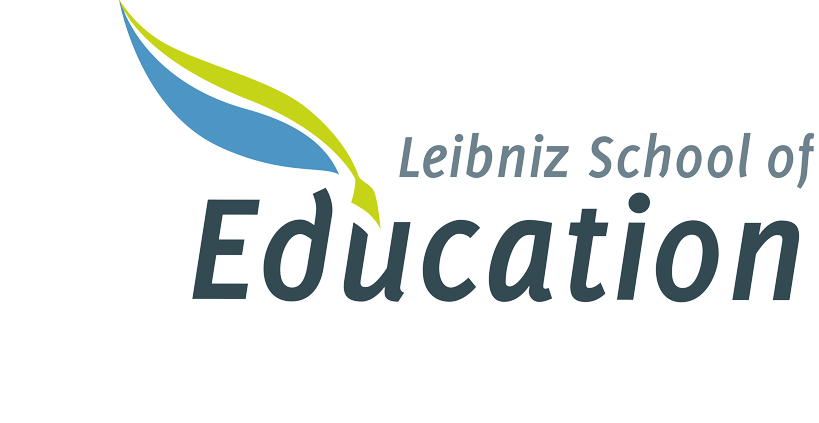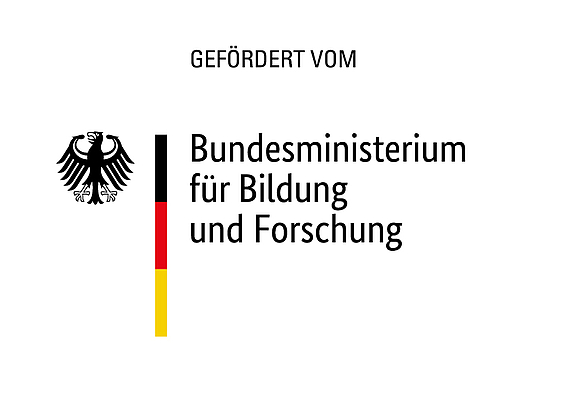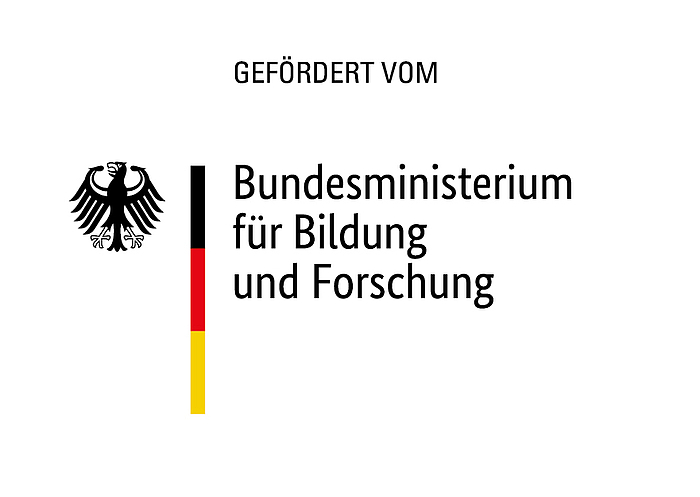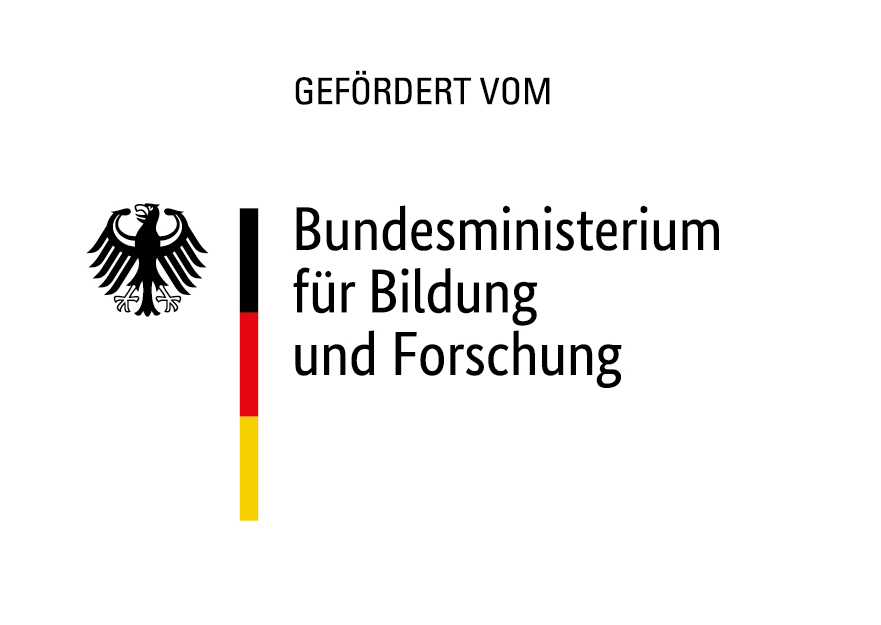Leibniz-Prinzip
The development proposal “Theoria cum praxi. Promotion of the reflective capacity to act as a Leibniz-Principle for Teacher Education”, or in short Leibniz-Prinzip, is funded in line with the collective Quality Campaign Teacher Education through resources of the Federal Ministry of Education and Research by the federal state and the country.
LEIBNIZ WORKS 4.0
Changed learning and working worlds in vocational teacher education
Teacher education quality offensive – 2nd funding phase, additional selection round, focus on “digitization in teacher education and/or “teacher education for vocational schools”
The Leibniz works 4.0 project forms a future concept for vocational teaching (LBS) at Leibniz Universität Hannover (LUH). It takes into account the fact that there is a very specific need in vocational teacher education compared to other teaching positions. The main reasons for this are the professional biographical characteristics of the student clientele and special requirements for work in vocational schools. The latter is also subject to massive dynamics of change due to the world of work 4.0, for which preparation must be made, especially in teacher education courses.
Transformative Horizons
International Teacher Education as Opportunity for Multicultural, Multilingual and Transformative Experience
With this project, the Leibniz School of Education wants to strategically shape international mobility in teacher education at LUH, reduce curricular and structural obstacles and provide new impulses for the further internationalisation of teacher education. The project is funded by the German Academic Exchange Service, DAAD.
LeibnizWerkstatt
The main goal of the "LeibnizWerkstatt" project was to enable as many students as possible to provide language learning support for refugees. The measures taken by the Leibniz workshop also involved an in-depth examination of the topic of forced migration, i. H. Forced migration, encouraged. The project was funded by the Lower Saxony Ministry for Science and Culture. It was carried out by the Leibniz School of Education and the German Seminar with the participation of numerous institutes, associations and organizations inside and outside Leibniz Universität Hannover.
Teaching and Learning post Covid-19 focuses on the hotly debated topics of New Learning
The project Teaching and Learning post Covid-19 focuses on the hotly debated topics of New Learning, digitization and educational equity in and after the pandemic situation. It emanates from #LernenVernetzt, which responded to the specific needs of schools during the pandemic by connecting subject and needs-oriented students with schools. The project, which is part of the future discourses, strives for an in-depth examination of the future of school learning. For this purpose, various experts will be gathered around a real (or, due to the pandemic, virtual) table within a series of events.







